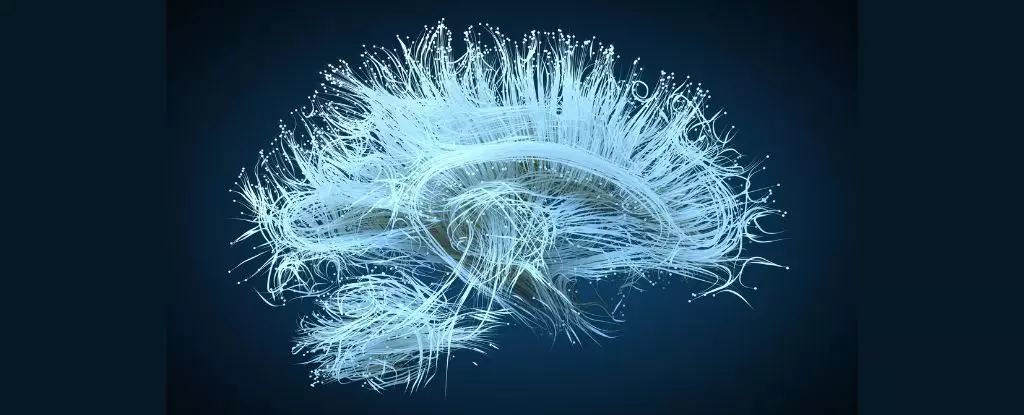In a groundbreaking discovery, neuroscientists have developed a new prosthetic system that has the potential to revolutionize the way we recall specific memories. This technology taps into the brain’s memory pathways, providing a glimmer of hope for those struggling with memory impairments. While the system is still in its infancy, the results so far have been promising, opening up a world of possibilities for memory enhancement in the future.
The research, conducted by Wake Forest University and the University of Southern California, involved the use of deep brain stimulation to help individuals better recall specific images. This innovative approach goes beyond general memory enhancement techniques and focuses on targeting specific details that are critical to an individual. By stimulating the brain in a targeted manner, the research team was able to improve the participants’ ability to remember images of animals, buildings, plants, tools, and vehicles.
The experiments were carried out on 14 adults with epilepsy who were undergoing treatment with brain electrodes to monitor their seizures. By utilizing these implants, the researchers were able to study the effects of electrical brain stimulation on memory recall. The team successfully encoded neural patterns associated with memory into the participants’ hippocampus, the region of the brain responsible for memory storage. This approach paved the way for more specific memory enhancement techniques in the future.
The implications of this research are vast, with potential applications in treating conditions such as Alzheimer’s disease, stroke, and head injuries. By targeting memory impairments, this technology could offer a ray of hope for individuals struggling with cognitive decline. The researchers are optimistic about the future of memory prosthetics and believe that with further refinement, this technology could have a significant impact on memory enhancement.
Despite the promising results, the research team acknowledges that there are still challenges to overcome. Finding static codes for individual memories and refining the memory model are essential steps in advancing this technology. Additionally, understanding how different individuals encode and retrieve memories in the hippocampus is crucial for the success of memory prosthetics. The researchers are committed to continuing their work to address these challenges and unlock the full potential of neural prosthetics.
As research in the field of memory enhancement progresses, the possibilities for neural prosthetics are endless. By harnessing the power of deep brain stimulation, scientists are paving the way for a future where memory impairments may become a thing of the past. With further research and development, memory prosthetics could one day transform the lives of those affected by memory loss, providing them with a newfound sense of independence and freedom.


Leave a Reply